“I’m an engineer, not a poet. How can English classes be important to me?” Terry Bollinger, Computer Science major at Missouri University of Science & Technology, answers clearly, “If you want to make a difference in the broader scheme of things, you
have to be able to communicate your thoughts clearly and convincingly.”
Back in the 1970s, the English Department of Missouri S&T (then UMR), began offering a writing minor. One of the first students to take a minor was Terry Bollinger, then a B.S. Student in Computer Science. Terry received his B.S. in 1977 and an M.S. in Computer Science in 1980,both from S&T. The title of this post comes from Terry’s statement quoted above.
Terry was on the S&T campus on April 23 and 24 as a member of the Computer Science Department’s Advisory Board. The Department of English and Technical Communication was fortunate to have Terry meet with an English/Tech Com 260 class. Terry carried on a lively informal conversation with the class, centering on a project the class has been working on.
Currently, Terry works for DeVenCI as their main technology assessor of emerging IT and hard science products. DeVenCI works together with the Department of Defense. Writing is a major component of Terry’s career. If you visit Terry’s personal Web site, you can find many examples of his reports and his advocacy of open source software and of Linux.
It was a real pleasure for me to talk with Terry and sit in on his conversation with the class. He was one of my students here and one of the best I’ve had in 42 years.
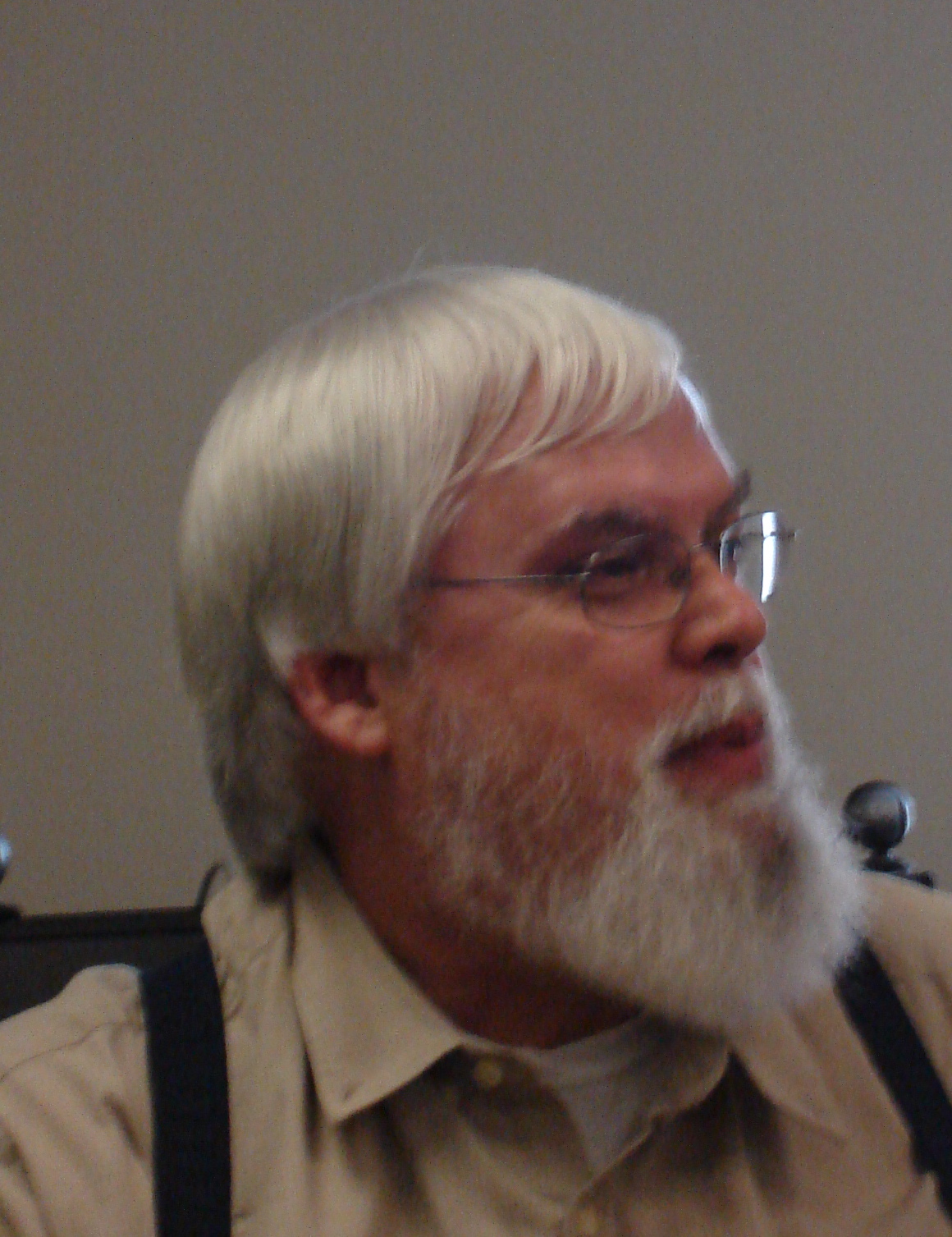
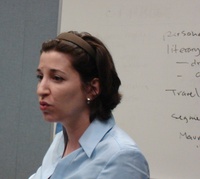
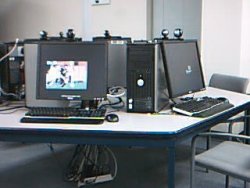
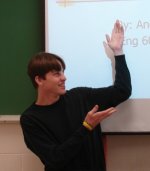 Do you feel overwhelmed when you have to do research and presents the results in a written or oral report?
Do you feel overwhelmed when you have to do research and presents the results in a written or oral report?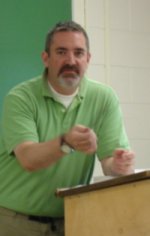 The photo shows Dr. Trent Watts, Assistant Professor of English and Technical Communication, making a point in his summer school class. In this particular session, the class was discussing
The photo shows Dr. Trent Watts, Assistant Professor of English and Technical Communication, making a point in his summer school class. In this particular session, the class was discussing  Technical Writing (English 160) is one of our most offered courses, given every semester and in summer school for decades. Why is this course so consistent in its appeal to students? Because most UMR students know they will need to write reports and do presentations once they have their degrees and are working as professionals.
Technical Writing (English 160) is one of our most offered courses, given every semester and in summer school for decades. Why is this course so consistent in its appeal to students? Because most UMR students know they will need to write reports and do presentations once they have their degrees and are working as professionals.